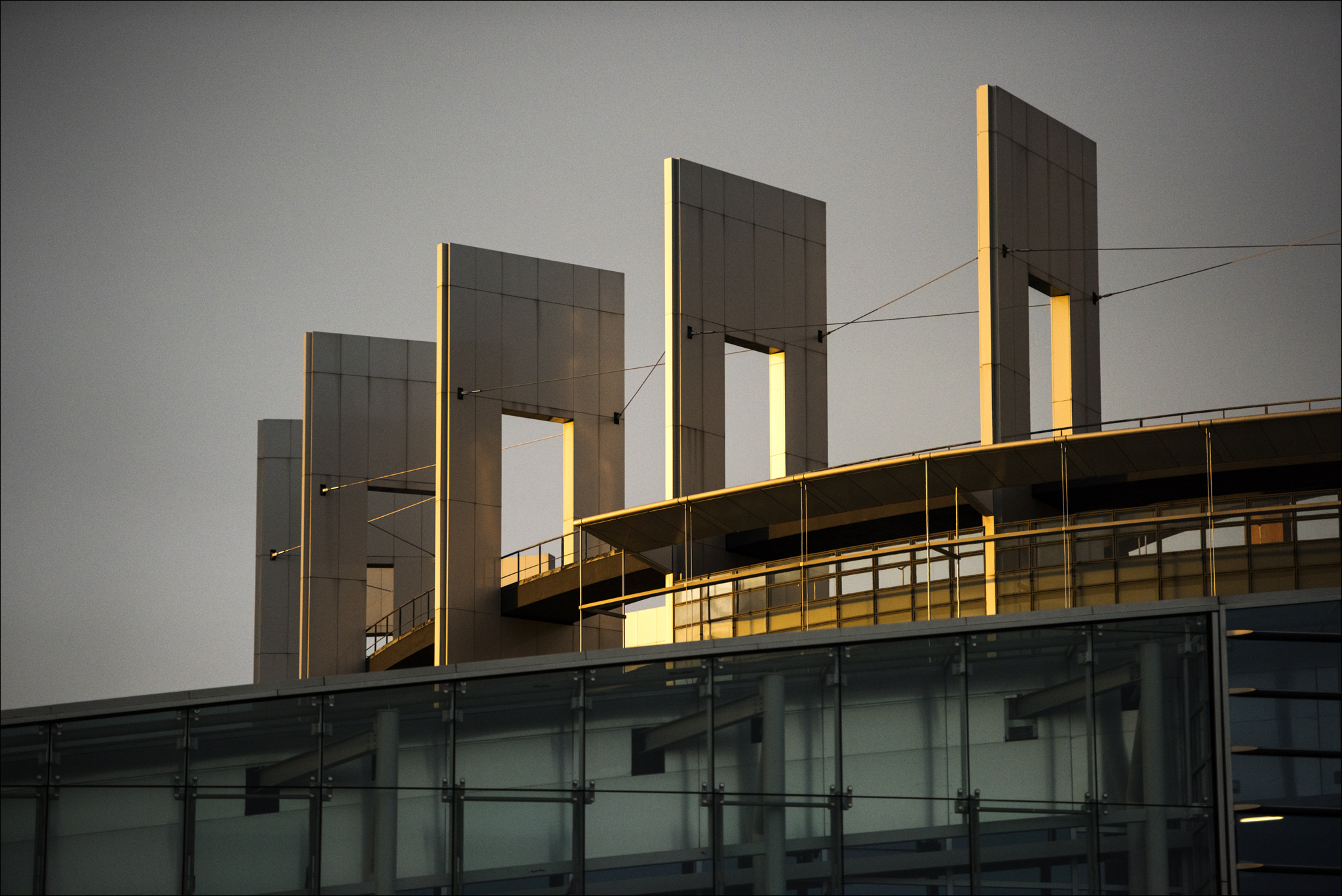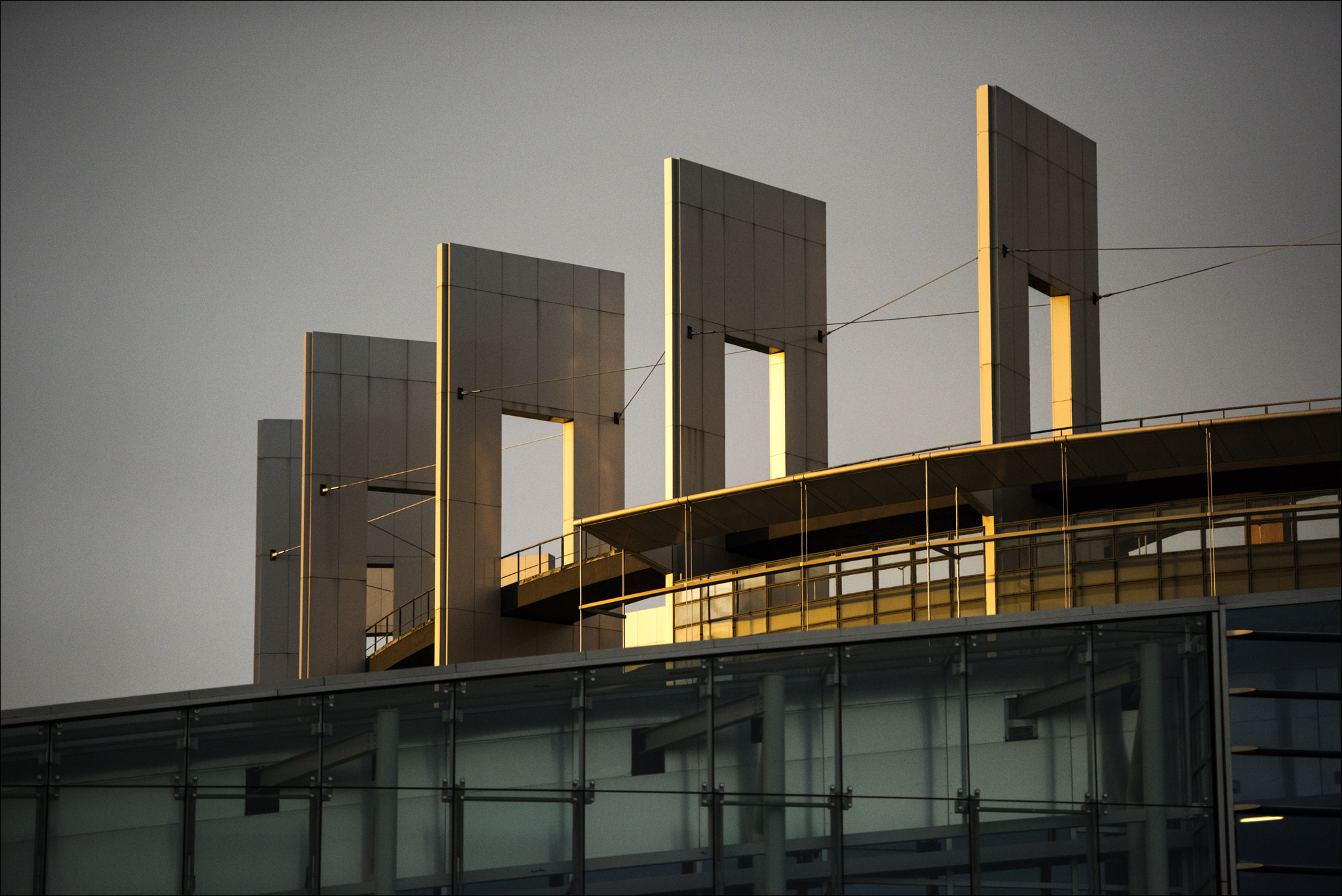Written by Clare Ferguson,

The European Parliament resumes business on Monday, with a relatively light agenda (although with some rather major decisions to be made), ahead of the summer recess.
The new, ninth Parliament (2019-2024), with a majority of new Members (435), 40.4 % of whom are women, will need to decide on the appointment of the replacement for Jean-Claude Juncker as President of the European Commission. From the outset, Juncker, a Spitzenkandidat, transformed the presidential role, setting the agenda for his term in office prior to his 2014 election and pledging to make a difference for citizens. While the Commission has indeed tabled more than nine in ten of the planned legislative proposals, however, the end-of-term assessment is more nuanced: whereas some legislation was adopted rapidly, in other cases negotiations were lengthy, and disagreements between or within institutions blocked progress. In some areas, the Commission transformed such difficulties into opportunities; in others, proposals were insufficiently robust to meet the challenges, were tabled too late, or advanced unevenly.
The key debate of the session, scheduled for Tuesday morning, therefore, is a statement by the candidate for President of the Commission; Ursula von der Leyen (proposed by the Council, following disagreement regarding where the impetus for the nomination lies under the Treaty provisions). Although a mixed level of support has been indicated during meetings with Parliament’s political groups, the election of the President of the Commission is scheduled to be held on Tuesday evening. It remains possible, however, that the vote be postponed, if further consultations with the political groups were seen to be advantageous. Should the Parliament support her candidacy, despite her not having been a Spitzenkandidat, von der Leyen would become the first female President of the European Commission (although not the first German – the first-ever Commission President, and also the last German to hold the post, was Walter Hallstein in 1958). The new President-elect’s first tasks will be to set guidelines for the work and the organisation of their Commission, and to match portfolios to nominee Commissioners from the Member States. The High Representative of the Union for Foreign Affairs and Security Policy (HR/VP), who will also hold a Vice-Presidency of the Commission, is an exception, as the Council plans to nominate Josep Borrell Fontelles. There may also be time for a vote on replacement of outgoing Commissioners Andrus Ansip and Corina Creţu (both elected to Parliament) for the remainder of their term of office.
The Council and Commission will make statements on Tuesday afternoon reviewing the Romanian Presidency of the Council, and on the situation regarding humanitarian assistance in the Mediterranean in the light of continued migration flows in the region. The current HR/VP, Federica Mogherini, will also attend the session on Tuesday afternoon to report on foreign affairs and security matters, including implementation of the EU global strategy. The Council and Commission return on Wednesday morning to make the customary statement on the priorities of the Finnish Presidency of the Council, which began on 1 July, and to make statements on clean air zones in EU cities in the afternoon.
Now that the political groups, Parliamentary bodies and committees are in place, Members will complete the organisation of the new Parliament when they decide on the numerical strength of interparliamentary delegations, and the Members appointed to each delegation are then to be announced on Wednesday. Debates and motions for resolutions concerning breaches of human rights, democracy and the rule of law are tabled for Thursday.
Work in Parliament should therefore really begin in earnest after the summer break, when committees will hold hearings with all the Commissioners-designate, and decisions may be taken on the ‘unfinished business’ remaining to be tackled from the eighth parliamentary term. Once voted into office, the new Commission can be expected to set out its priorities and its work programme for the coming year.








Be the first to write a comment.